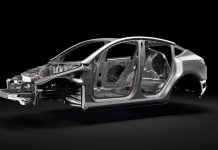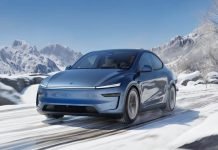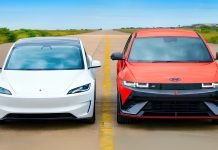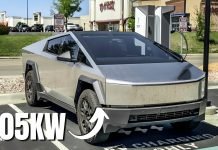The current specification of the Tesla Model Y known as ‘Juniper’ has brought major improvements to automotive manufacturing by introducing redesigned body castings. It brings down the complexity of underbody parts from 70 to 1.
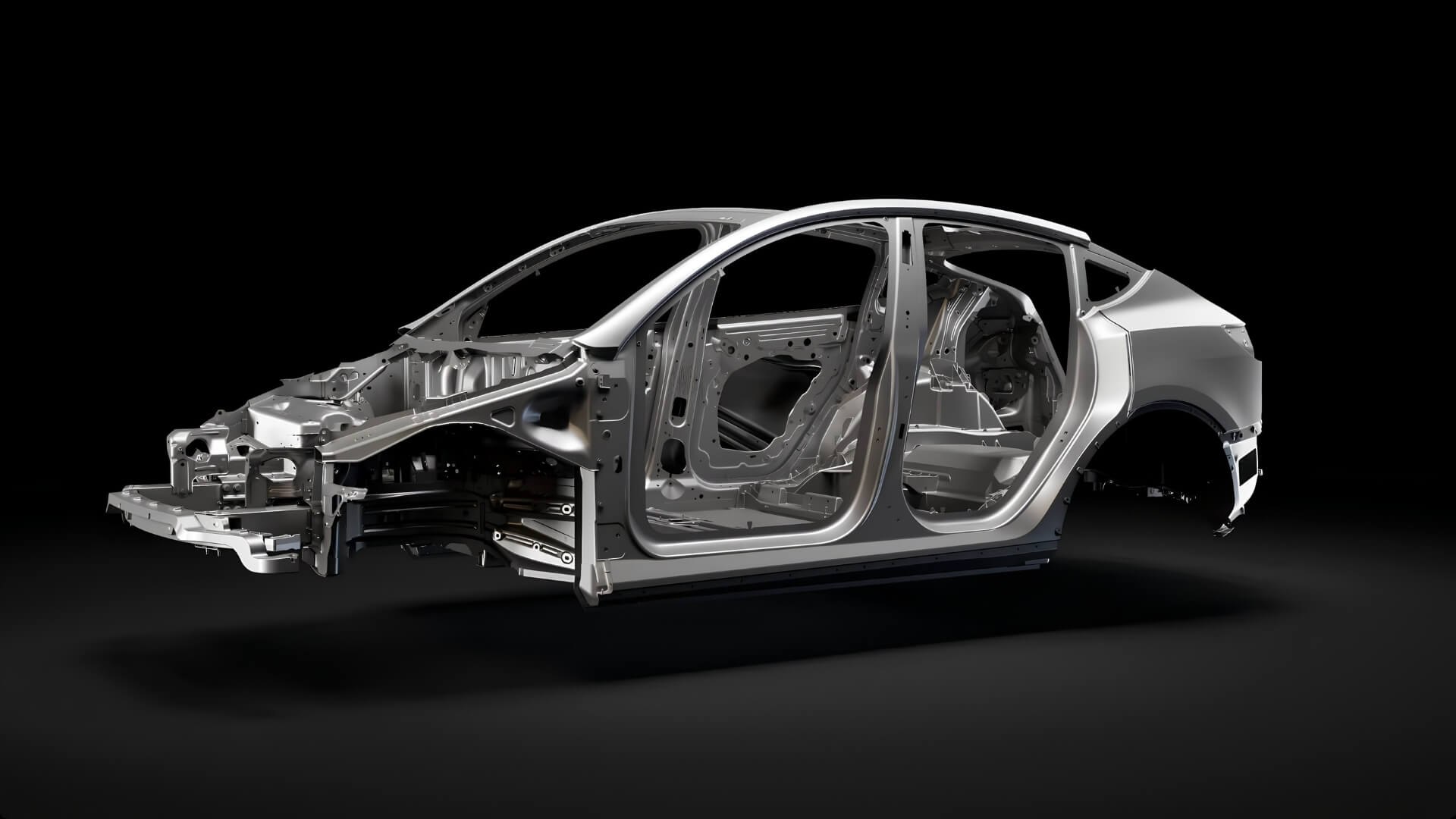
Simplification for the Improvement of Outcomes
Some of these changes include a single-piece casting for the new Model Y’s rear underbody. One advantage of this design is reducing the number of steps in the manufacturing cycle while reducing the prospect of large gaps between parts, as seen in prior models. Through such inefficiencies, Tesla is determined to enhance the general structural cohesion of the EV to produce a more solid EV.
According to Elon Musk, Tesla CEO, this change, although in appearance, is deeper and shifts the approach to car construction entirely. The complexity of one-piece die casting means that fewer robots and machines are required on the final assembly line. This lowers costs while reducing the time taken to produce vehicles so that Tesla can meet expanding sales demand.
The new Tesla Model Y features redesigned body castings, reducing the number of parts from 70 to 1, which:
✅ Minimizes gaps
✅ Enhances cabin quietness
✅ Shortens production time https://t.co/IIbkJgnb5E pic.twitter.com/CykhGdCw1Q— Tesla Newswire (@TeslaNewswire) January 11, 2025
Enhancing Cabin Quietness
The other major advantage of this redesign is improved cabin quietness. A smaller number of elements and better sturdiness minimize vibrations and noise from below the wheeler, making for a quieter ride. This improvement remedies one of the rare complaints owners of previous modifications of Model Y made, increased cabin noise due to the number of parts and joints in the structure.
This approach is especially important for electric car manufacturing because noise, vibration, and harshness (NVH) levels are much lower than in internal combustion engine vehicles. It results in more comfort for the occupants, and a superior ride feel, suitable for endurance or daily use by default.
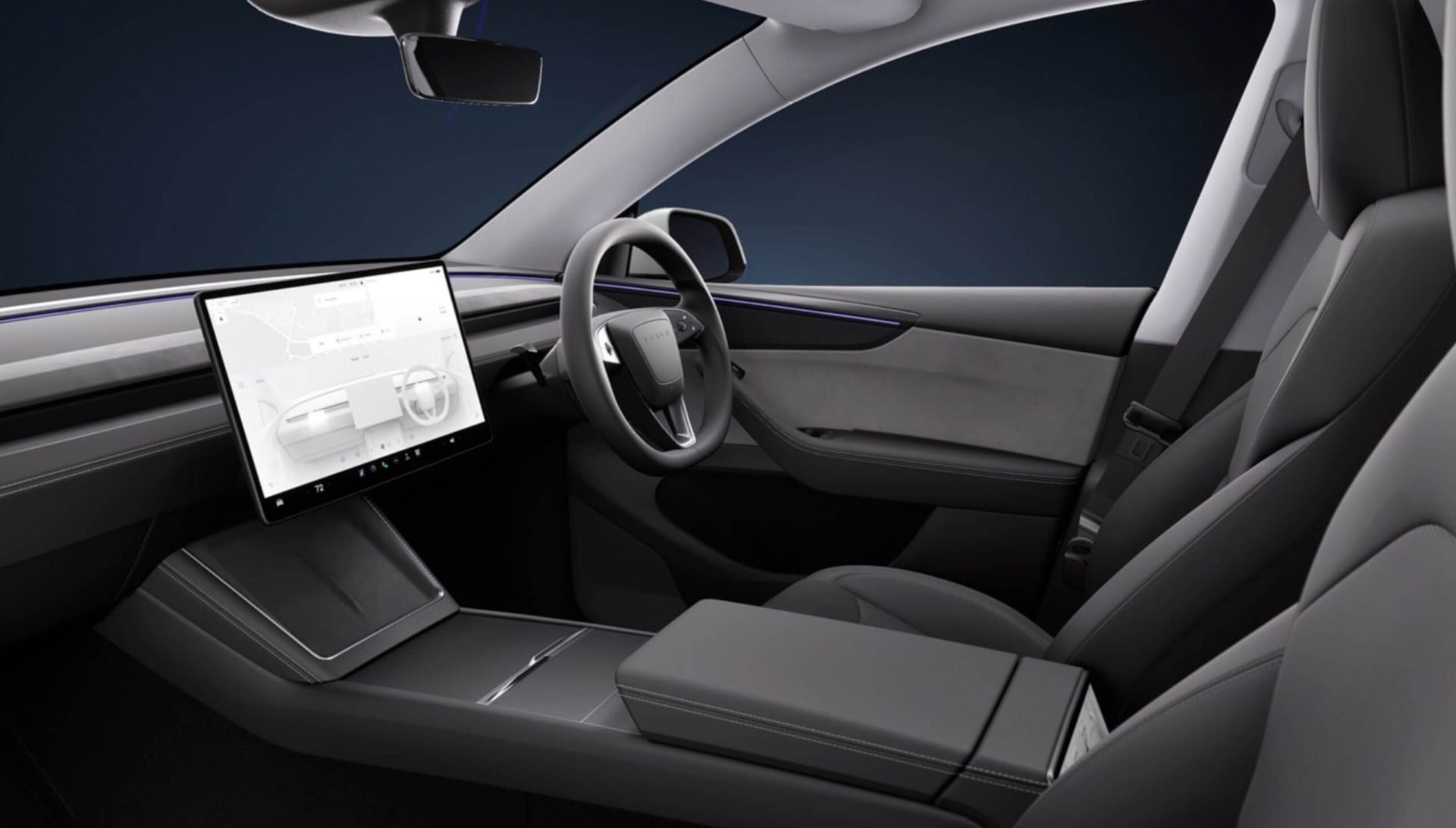
Streamlining Production Time
Besides improving assembly, restructuring from 70 parts to a single casting also enhances the pace at which the product is manufactured. Such efficiency is especially valuable now that Tesla aims to expand its operations across the globe. Increased car production rate without compromising the quality implies that Tesla can serve the market and customers’ needs and wants faster.
Also, this technique introduced in the manufacturing of this model could be adopted as a standard type in the future models of Tesla and the whole automobile industry. Other companies in the automotive industry may take their cue from Tesla and offer similar ways of doing business as they seek to imitate this successful model.
Conclusion
The components of body castings in the latest design of the Tesla Model Y show enhanced advancement than any existing car on the road. Apart from merely boosting performance by eliminating gaps, which results from a single-piece casting, Tesla also studies cabin quietness and optimizes production efficiency.
As Tesla continues to innovate and push boundaries in electric vehicle technology, the Model Y speaks volumes of its effort and quality. With these new technologies, it is well-positioned to continue as one of the market leaders in global EV sales while also setting lofty standards for rivals within the automotive space.
Packed with advanced technology features and features that enhance the owner’s experience, the 2025 Model Y is expected to be a game changer in the electric SUV market and put Tesla firmly on the path as the go-to brand for revolutionizing sustainable transport solutions.

